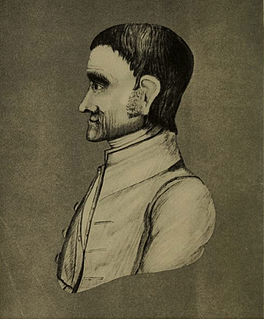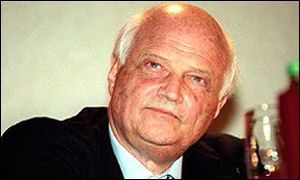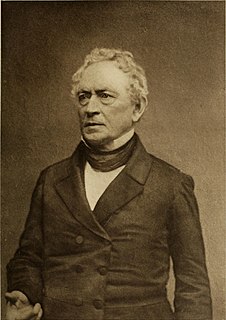A Quote by Henry David Thoreau
And if the civilized man's pursuits are no worthier than the savage's, if he is employed the greater part of his life in obtaininggross necessaries and comforts merely, why should he have a better dwelling than the former?
Related Quotes
Among civilized and thriving nations, on the contrary, though a great number of people do no labor at all, many of whom consume the produce of ten times, frequently of a hundred times more labour than the greater part of those who work; yet the produce of the whole labour of the society is so great, that all are often abundantly supplied, and a workman, even of the lowest and poorest order, if he is frugal and industrious, may enjoy a greater share of the necessaries and conveniencies of life than it is possible for any savage to acquire.
If I am recalling an incident very vividly I go back to the instant of its occurrence; I become absent minded, as you say. I jump back for a moment. Of course we have no means of staying back for any length of time any more than a savage or an animal has of staying six feet above the ground. But a civilized man is better off than the savage in this respect. He can go up against gravitation in a balloon, and why should we not hope that ultimately he may be able to stop or accelerate his drift along the Time Dimension; or even to turn about and travel the other way?
When the sacredness of one's word is matched in the attributes of his character throughout, all that constitutes a man, then we find that there is something in a man's life greater than his occupation or his achievements; grander than acquisition or wealth; higher than genius; more enduring than fame.
A man who is morally clean, other things being equal, has in every instance, greater agility, greater capacity, and greater endurance by far than the man who is not. While the latter is wasting his creative energies in useless pleasures, as well as in disease producing habits, the former is turning all of his creative energy into ability and genius, and the result is evident.
"This is why alchemy exists," the boy said. "So that everyone will search for his treasure, find it, and then want to be better than he was in his former life. Lead will play its role until the world has no further need for lead; and then lead will have to turn itself into gold. That's what alchemists do. They show that, when we strive to become better than we are, everything around us becomes better, too."
Existence is not itself a good thing, that we should spend a lifetime securing its necessaries: a life spent, however victoriously, in securing the necessaries of life is no more than an elaborate furnishing and decoration of apartments for the reception of a guest who is never to come. Our business here is not to live, but to live happily.
None has more frequent conversations with a disagreeable self than the man of pleasure; his enthusiasms are but few and transient; his appetites, like angry creditors, are continually making fruitless demands for what he is unable to pay; and the greater his former pleasures, the more strong his regret, the more impatient his expectations. A life of pleasure is, therefore, the most unpleasing life.
Agriculture seems to be the first pursuit of civilized man. It enables him to escape from the life of the savage, and wandering shepherd, into that of social man, gathered into fixed communities and surrounding himself with the comforts and blessings of neighborhood, country, and home. It is agriculture alone, that fixes men in stationary dwellings, in villages, in towns, and cities, and enables the work of civilizations, in all its branches, to go on.


































